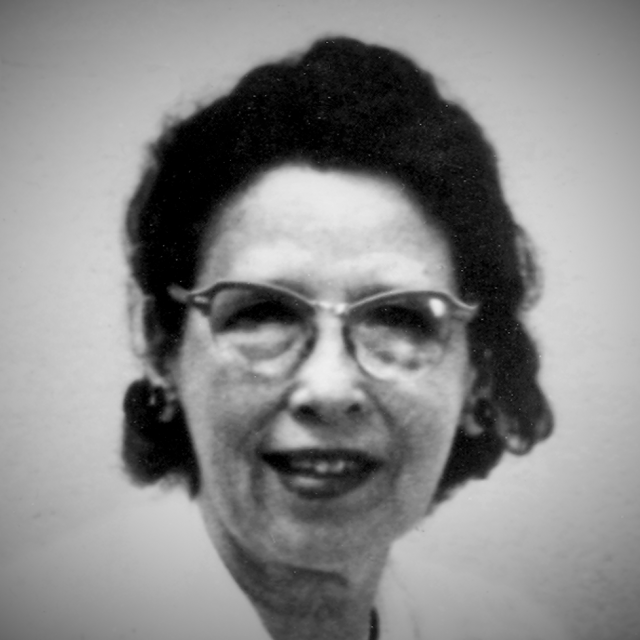While a senior resident, she came to my office one day, appearing worried. She said she was pregnant and was concerned about what Dr. Mullan would think.
“You shouldn’t care what he thinks, go ahead and tell him. He has children himself and would probably tell you congratulations, and just make sure that you carry out your duties as best you can,” I said to her.
She did. Throughout her pregnancy she walked all over the hospital, making rounds, participated in the conferences, and went to the operating room as others did.
One day, at the end of her rounds, she walked to the obstetric department and delivered her child. A couple of days later she went home, and two weeks after that she returned to work. Because her husband needed to work or go to school, her mother took an airplane from Kansas every Monday and came to Chicago, returning to Kansas on Fridays when Dr. Nichols’ husband could stay with the baby during the weekends.
Dr. Carrie Walters, Dr. Margaret Ellen Nichols, and a dozen other women around the country are to be congratulated. Not just as pioneer women in neurosurgery, but also because they, in a quiet, peaceful, but significant way, proved that no matter how hard the profession may be or what obstacles they may face, so long as each maintains dedication towards their required professional duties, gender or having a family life does not restrict performance or ability.
These pioneers led the way for future women to follow suit. In 1960, women represented 10% of medical school graduates, but according to the 2019 Census, almost half of all medical school graduates are women. Despite this, women only represent 12% of all neurosurgeons in the US and Canada. Whether this discrepancy is related to residual bias or to personal choice is yet to be determined.
At the University of Chicago, the women pioneers of neurosurgery had a lasting effect. Of our eleven neurosurgical residents in the 2021-2022 academic year, five were women, and since 2010, almost 50% of our graduating residents have been women. Moreover, these individuals have gone on to complete fellowships in spine, endovascular, tumor, pediatric, and functional neurosurgery – further highlighting their stellar accomplishments.


